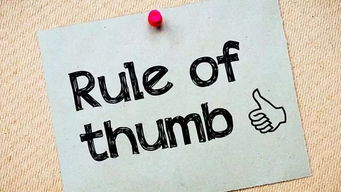
The

Dark Origins of the Emoji
Emojis have become an integral part of our digital conversations, adding emotion, personality, and nuance to our interactions. But did you know that these cute little icons have some rather dark origins?
The first emojis were created in Japan in the late 1990s, and they were initially intended to convey simple emotions like joy, sadness, and anger. However, as the popularity of texting and social media grew, so did the demand for more emojis to express a wider range of emotions and ideas.
It was during this time that some of the darker origins of emojis emerged. For example, the gun emoji used to look like a realistic handgun, but after a spate of gun violence in the US, Apple replaced it with a green water pistol in 2016. The coffin emoji was originally intended to represent death and mourning, but it has also been used to joke about death or indicate that someone is dead to you.
Another example is the peach emoji, which has taken on sexual connotations. Some use the peach to represent a buttock or a backside, leading to the rise of peach emoji-themed merchandising and even lawsuits over trademark infringement.
The eggplant emoji has also been widely used as a phallic symbol, leading to its ban in some contexts, and a rise in related emojis like the "sweat droplets" also interpreted as representing certain body fluids. In fact, the entire phenomenon of "emoji sex," where users string together a series of suggestive emojis to represent sexual acts, has become increasingly popular in some circles.
Even seemingly innocent emojis like the smiley face have darker origins. The original smiley face emoji was created by a graphic designer in the late 1960s as part of an advertising campaign for a Massachusetts insurance company. However, it was then co-opted by the Acid House scene in the UK in the 1980s as a symbol of ecstasy use, and later by neo-Nazis and white supremacists as a way of disguising their hateful messages online.
So next time you use an emoji, remember that behind its cute and colorful exterior, there may be a hidden history or meaning that you never knew. Like anything else in our digital world, emojis are a reflection of our culture and society, and it's up to us to interpret them and use them responsibly.